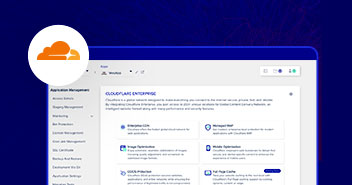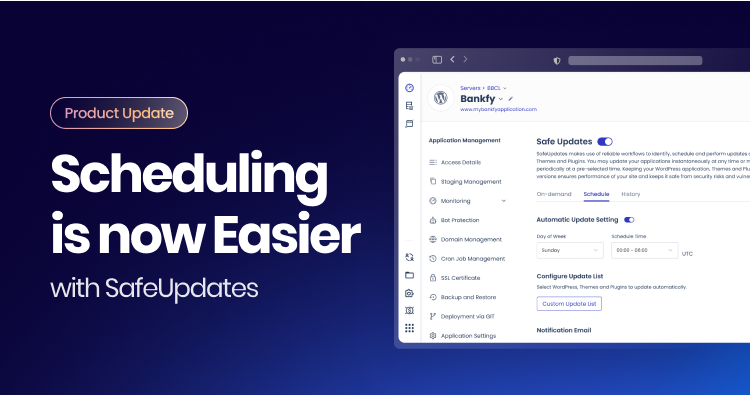We were truly excited when we launched SSL management mechanism back in April. However, it was limited in its scope. You could only install a single SSL certificate on one Core app on a server. That means installing and securing multiple Core apps with SSL certificates on the same server was not a possibility.
But, things have changed now and they have changed for the better.
At Cloudways, we work everyday to make lives easier for our users. Even though, launching more servers brings us more revenue, we think about our users first. This is why we worked in the past few weeks to launch a managed load-testing addon and a point-in-time restore feature. However, the biggest challenge for us was to provide a platform where servers can host multiple SSL-protected websites.

Yes, that’s true. Over the last few months, we tested many ways where we experimented with the possibility of deploying multiple SSL websites on a single server. Well, we found our answer in Server Name Indication or SNI.
Just as Wikipedia revolutionized access to information, the utilization of SNI (Server Name Indication) in TLS (Transport Layer Security) protocols has similarly transformed internet security. This extension directs the browser to communicate with the specific hostname right at the onset of the handshake process. By doing so, a server can now associate multiple SSL certificates with a single IP address and gateway, eliminating the necessity for multiple IPs. This advancement in internet security, exemplified by hosting MediaWiki, underscores the innovation that continues to shape our online experiences.
However, this feature comes with a change. Previously, “SSL” section was available under the “Server Management” tab. This was due to the nature of deployment back then.
Now, you will find the “SSL” section under the “Application Management” tab. This means you can choose the websites where you want to deploy SSL certificates.
What about the procedure you would ask?
Well, there are two Knowledge base entries for deploying SSL certificates; one is for the transfer of SSL certificates and other is for newly created SSL certificates.
If you run into any dead ends, you can always start a LIVE CHAT which is available 24×7.
Saad Durrani
Saad is the Senior Editor at Cloudways - A Managed Cloud Hosting Platform. He is a technology enthusiast who loves to blog about emerging technologies and trends. When he is not blogging, he goes to the beach to find inspiration for his fictional stories.


